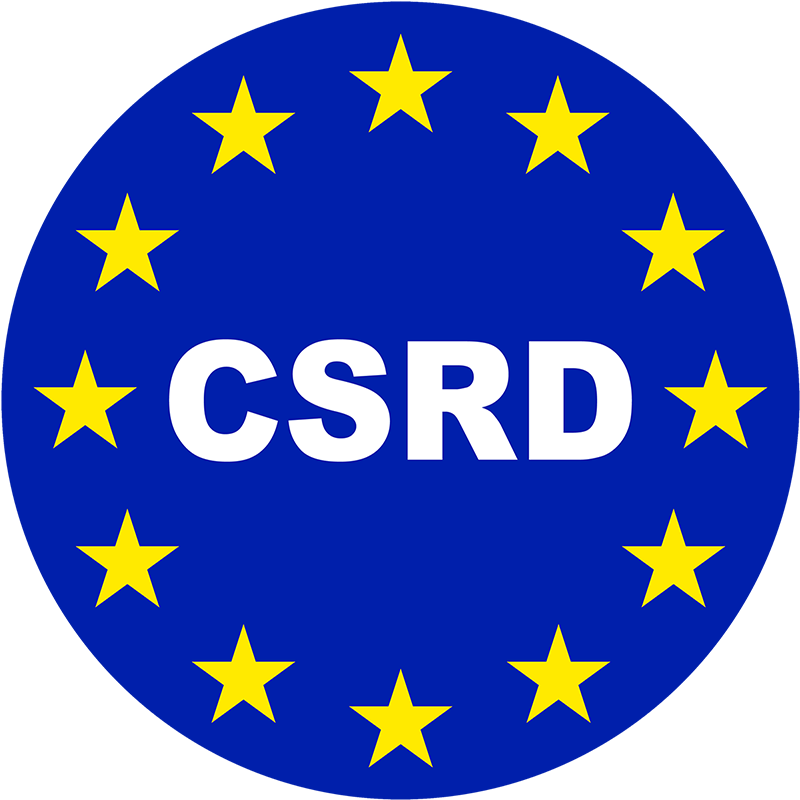Corporate Sustainability Reporting Directive Definition
The Corporate Sustainability Reporting Directive (CSRD) is a European Union regulation requiring large corporations to provide comprehensive disclosures regarding their sustainability efforts. It seeks to enhance the transparency and quality of environmental, social, and governance (ESG) reporting, guaranteeing that investors and other stakeholders can obtain dependable, comparable, and comprehensive sustainability data.
CSRD was implemented to supersede the Non-Financial Reporting Directive (NFRD) and broaden its scope by mandating more enterprises to disclose sustainability matters. The CSRD will mandate reporting for approximately 50,000 enterprises in the EU, compared to the 11,000 previously covered by the Non-Financial Reporting Directiv (NFRD). All large corporations, regardless of their stock exchange listing status, as well as publicly listed small and medium-sized businesses (SMBs), are subject to this regulation, with an extended timetable for compliance.
The directive mandates that enterprises adhere to the European Sustainability Reporting Standards (ESRS) established by the European Financial Reporting Advisory Group (EFRAG). These criteria encompass domains including climate change, biodiversity, social rights, and human rights. Organizations must also undertake independent audits to verify the integrity and authenticity of their sustainability reports.
The CSRD seeks to improve corporate accountability, link business operations with EU sustainability objectives, and foster sustainable economic development.













